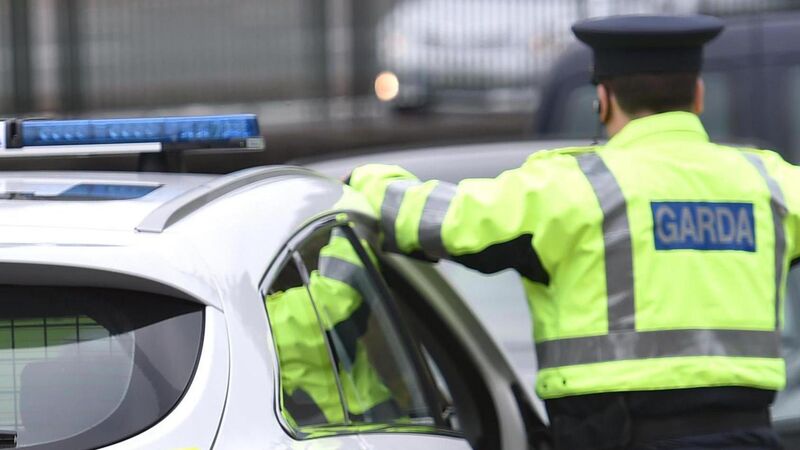Garda HQ rebuffs charges of racism in IHREC report

As reported yesterday by the 'Irish Examiner', the Irish Human Rights and Equality Commission called for measures to curb racial profiling by gardaí — but, in a detailed statement, An Garda Síochána has rebuffed IHREC's claims. Stock picture: Dan Linehan
Garda HQ is questioning the basis upon which the State’s human rights body has accused members of the force of holding “negative attitudes” towards ethnic minorities, and of engaging in racial profiling.
The organisation has not issued an official comment on the matter, but the understands that garda management takes exception to what they see as “blanket” statements of racial profiling and discrimination made by the Irish Human Rights and Equality Commission (IHREC).










